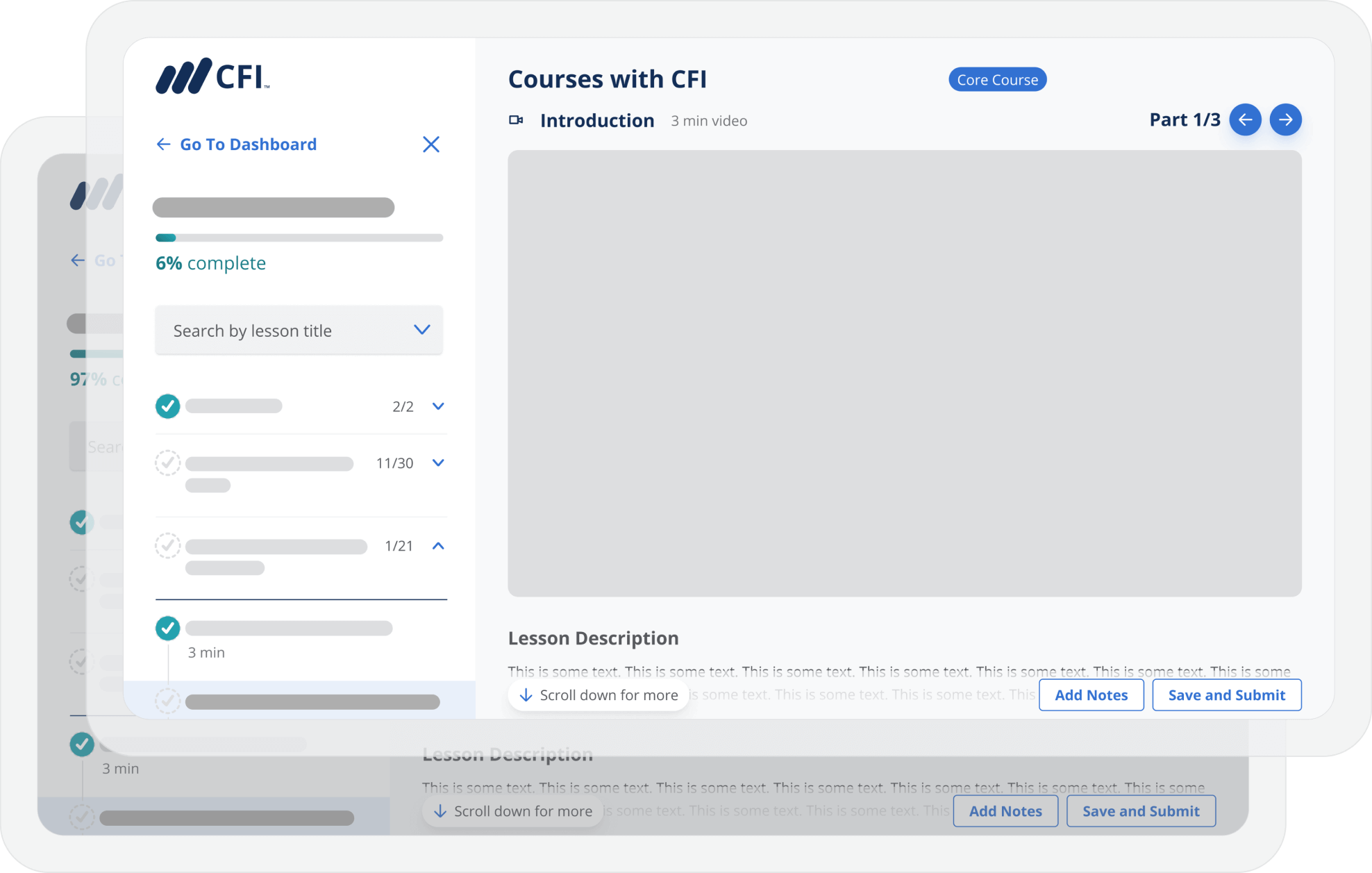Learn Python with CFI
Topic Overview
9 courses
Consisting of over 670+ lessons
20+ interactive exercises
Learn by doing with guided simulations
Expert instructors
Learn from the very best
New courses monthly
On need-to-know subject matter
Blockchain certificate
To verify your skills
500,000+ 5 star ratings
Best-in-class training, as rated by you
Find the right Python course
Courses and Case Studies for Python
Browse all coursesWhy Learn Python with CFI?
As a leader in online financial analyst certification programs, CFI focuses solely on finance to help aspiring finance professionals develop skills for their future in the finance sectors. All courses are designed with the guidance of professional trainers from top Wall Street investment firms who train new hires.
We’re proud to offer comprehensive education in finance that combines theory and practice to improve learning and retention. All of our programs are condensed and self-paced, so you can develop the skills you need anytime, from anywhere.
Over 75% of CFI learners report improved productivity or competency within weeks.
With our Python courses, you can learn to:
Who should take these courses?
Investment professionals
Management consultants
Financial analysts
Registered Provider: National Association of State Boards of Accountancy
All courses are accredited by the Better Business Bureau (BBB), CPA Institutions in Canada, and the National Association of State Boards of Accountancy (NASBA) in the US. Most courses qualify for verified CPE credits for CPA charter holders.
Courses include video lessons, quizzes, and final assessments.









